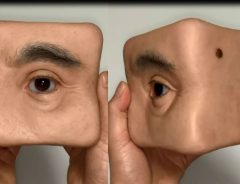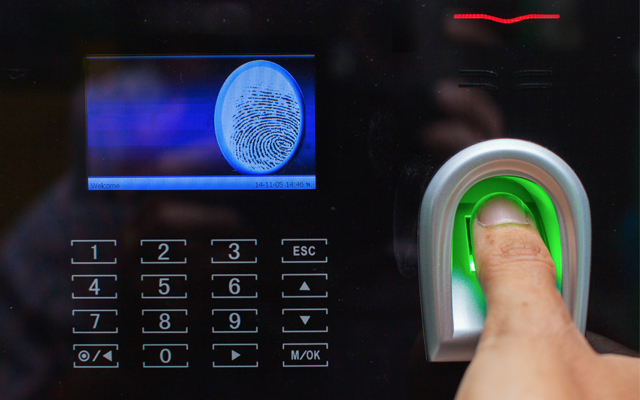- Source:
- Yomiuri Shimbun
- Tags:
- Fingerprint / Japan / Money / Technology / Tourism / Travel
Related Article
-

Super fluffy long-tailed tit plushies make Hokkaido’s impossibly adorable bird your cuddle buddy
-

Stay Connected At These 8+ Tokyo Cafes Offering Free Wifi
-

The World’s Most Beautiful Starbucks Store In Japan!?
-

Artist’s terrifyingly realistic “human meat dice” with winking eyeball could be a Silent Hill boss
-

Japanese Artist Creates Beautifully Detailed Miniature Goldfish Ponds And Aquariums
-

Your Daily Dose Of Sumo Wrestlers, Derby Horses, And Street Fighter Characters In One Game



Paying with an unfamiliar currency can be confusing at first — you might think you handed the cashier the right amount of money, only to be told that you only gave them a third of what you owe. But soon, this might become something of the past for future tourists in Japan.
Starting this summer is the test run for a program that will allow tourists to pay for goods with a quick scan of their fingerprints, instead of with cash or credit cards. It will first be implemented in 300 shops, hotels, and restaurants in popular locations for foreign visitors, and will hopefully be fully implemented in time for the 2020 Tokyo Olympic and Paralympic games.
Though questions concerning the security of private information still remain, the procedure itself is quite simple. Upon arrival in Japan, tourists will be able to register their fingerprints, personal data, and credit card information at the airport.
By using fingerprint scanners placed in facilities throughout the country, they will then be able to pay at shops and restaurants without even having to take out their wallets.
Besides making purchases, the fingerprints will also be used for tax exemption procedures and ID verification, so you can say goodbye to those awkward moments when it takes you forever to fish your passport out of your bag.
The service is 100% voluntary, so if you’re not comfortable with the whole idea of registering your personal information, then you don’t have to.
While we have yet to see if it will be smooth sailing for the first trial run, the idea of not having to carry our wallets around is something we can definitely get used to.